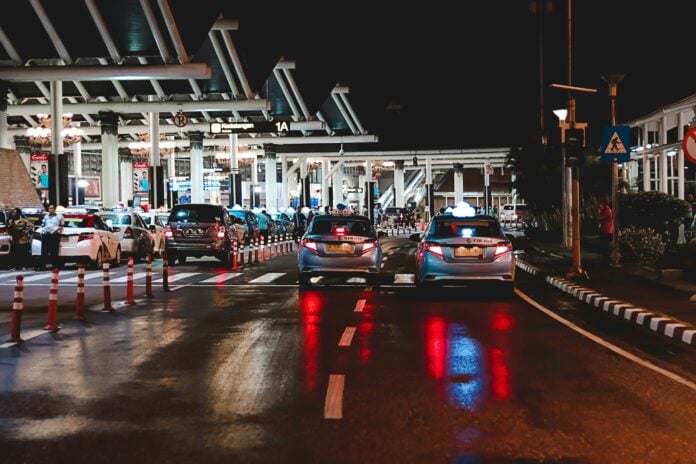After making up for the existing delays, Luís Montenegro’s team has created a working group to implement the new border control systems.
According to the communication published in the Diary of the Republic (Diário da República) this week, the group will be made up of seven members from the Government and other entities, and the work will be coordinated by the Secretary of State for Infrastructure, Hugo Espírito Santo.
The main reasons for the creation of this group are the implementation of the new Entry-Exit System (EES), which shall become operational from October 6 onwards in most of the 27 Member States of the European Union, and the European Travel Information and Authorization System (ETIAS), which will become operational around six months later.
Note that both systems aim to strengthen European security and monitor the movements of non-European citizens that enter and leave the Schengen area.
In short, the EES is a new electronic system that will replace the physical stamp on passports when going through passport control. All EU Member States, except Bulgaria, Cyprus, Ireland, and Romania, where passports will continue to be stamped manually, and the four non-Schengen countries (Iceland, Liechtenstein, Norway, and Switzerland), will be part of this new system.
Once it is operational, travelers who land in another Schengen country will have to have their faces photographed and their fingerprints electronically scanned. However, citizens of the EU or Schengen countries will not be affected and can continue to travel freely throughout the area.
Even though the EES is scheduled to come into force in October, it is not expected to arrive in time to respond to the constraints experienced this year related to the processing of passengers from third states. It is expected that, during the high season (between March 31 and October 26), the number of passengers from third (non-Schengen) states, at Portuguese airports, when compared to last year, will increase by up to 10%.
According to the communication, the working group’s progress will be coordinated by the Secretary of State for Infrastructure, who will be responsible for reporting monthly, until April 30, 2025, on the status of the implementation of the systems to the Portuguese Ministries of the Presidency, Internal Administration, and Infrastructure. After that date, the working group will submit a final report to the Government.
The team will be made up of a representative of the Government responsible for migration, a representative of the Government responsible for internal administration, and a representative of the External Border Control Unit of the Internal Security System. It will also include a representative from AIMA, a representative from the Public Security Police, a representative from the National Republican Guard, and a representative from ANA – Aeroportos de Portugal.
This topic generated some controversy after the Minister for the Presidency accused the previous Government of being responsible for the delay in meeting the required European deadlines. The Minister even warned that there was a risk of Portugal being suspended from the Schengen area for non-compliance, but an official source from the European Commission guaranteed that such a scenario was not on the table, with the internal security system (SSI) assuring that Portugal has already “recovered the delays” in implementing the security systems in question.


